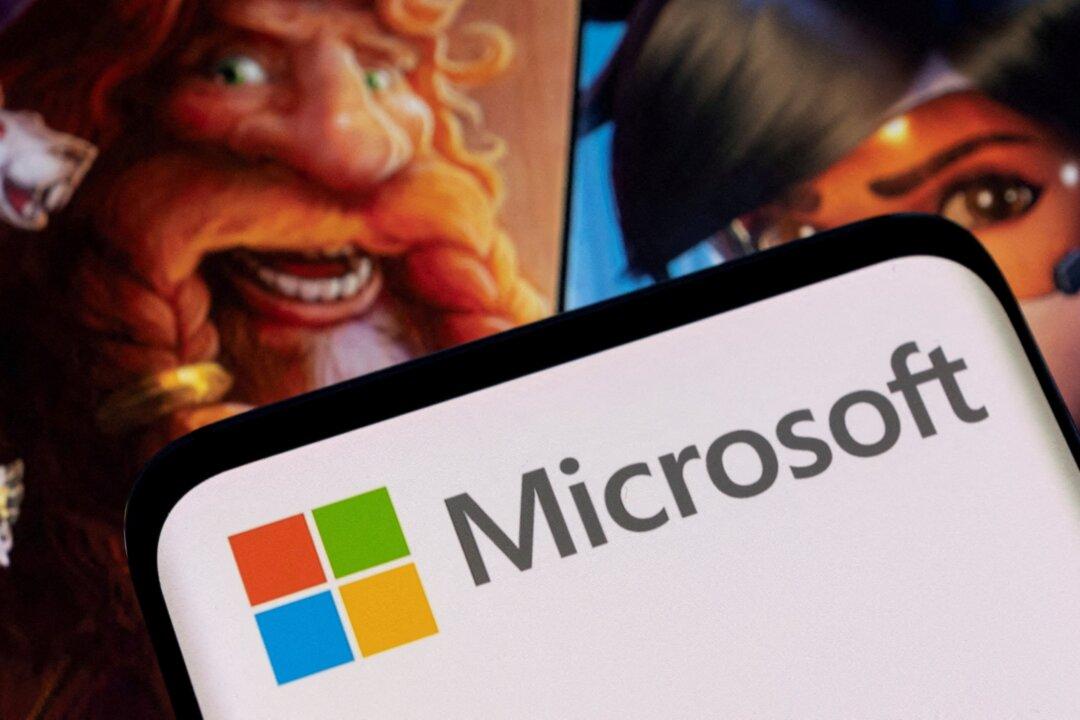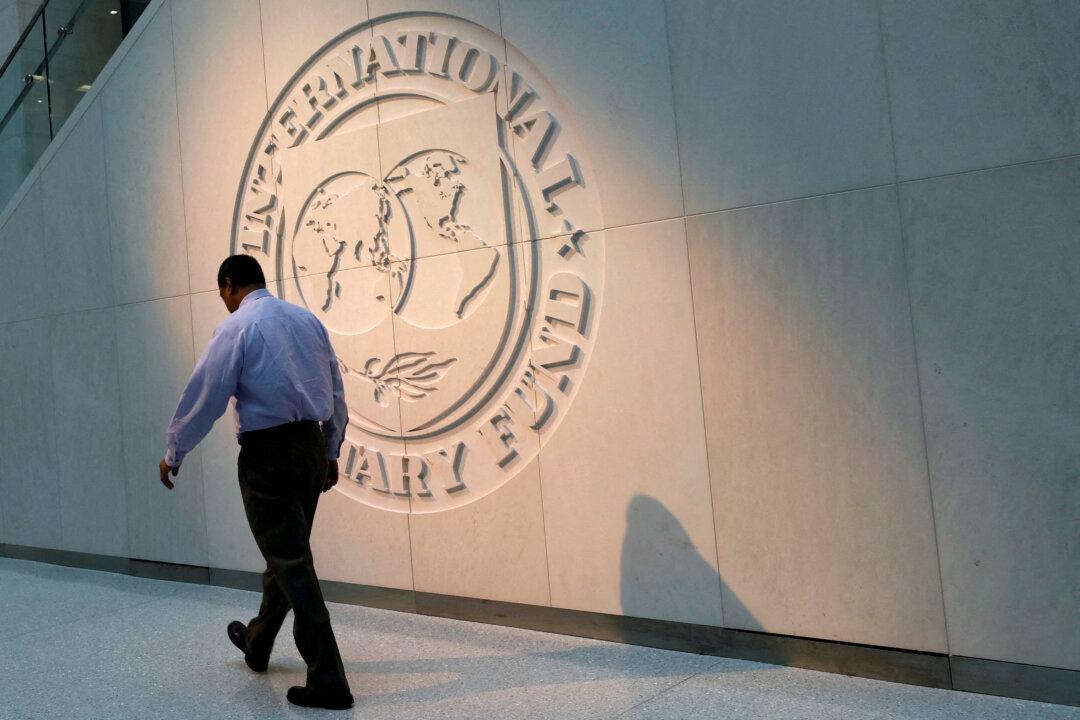The European Union (EU) gave its approval to Microsoft’s $69 billion acquisition of gaming giant Activision Blizzard. The decision comes just weeks after the United Kingdom’s merger regulator stunned the gaming industry by vetoing the deal. The EU’s analysis indicated that the acquisition would not harm competition, especially as Microsoft has made a commitment to allow cloud rivals to offer popular games like “Call of Duty” on their platforms for the next decade.
Margrethe Vestager, the EU’s antitrust chief, hailed the deal as “pro-competitive” and stated that it would provide a significant boost to the cloud-streaming market. She highlighted that cloud gaming currently accounts for only 1–3 percent of the entire gaming market and expressed optimism that this acquisition would “kickstart” its growth.




